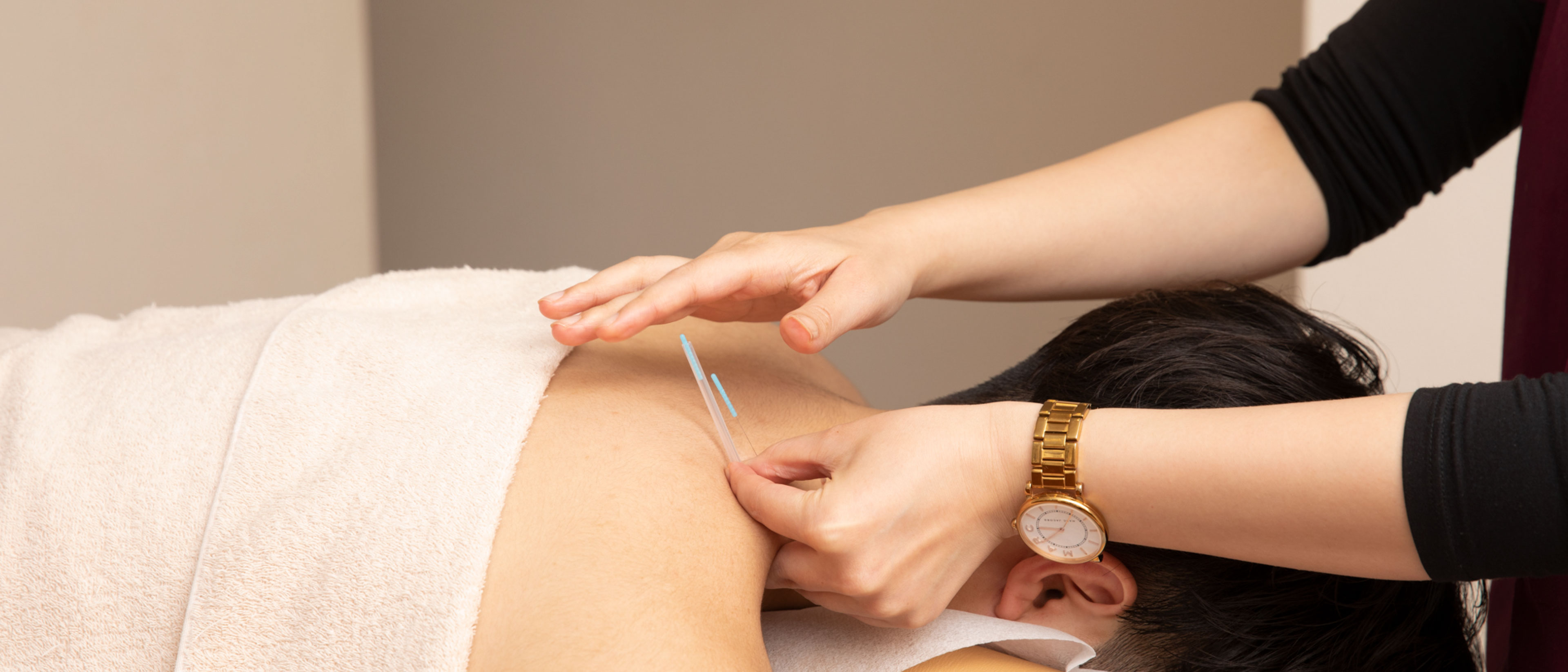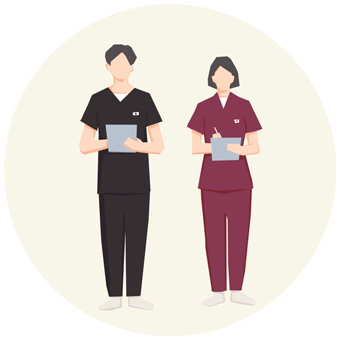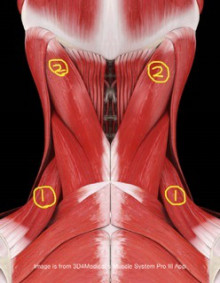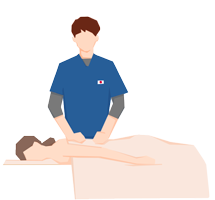constrictive headache, heaviness in the head, dizziness when moving head, insomnia, eye symptoms (blurred vision, tired eyes)
【female, 40s】
【female, 40s】



【female, 40s】
【female, 40s】
she has had similar symptoms in the past, but about a month ago, she started to have a tightening headache with very strong symptoms. her head is always heavy.
she often feels dizzy when she changes direction. the pain in her neck is sometimes so strong when she lies down that she can't sleep at night because it bothers her to touch it.
at the same time as the stiffness in her neck, she has eye symptoms such as blurred vision, tiredness, and dry eyes.
she came to our clinic because she had received various treatments but no improvement.
on visual observation, skin tension was strong, and she always seemed to be unconsciously tensing up.
palpation revealed strong muscle tension, especially in the scalene and levator scapulae muscles.

she received (1) trigger point therapy of the levator scapulae muscle and (2) trigger point therapy of the splenius capitis muscle.
because of palpation, it was judged that it would be better to reduce the amount of stimulation, so thin needles were used for the treatment.
1st treatment: symptoms worsen a little after the treatment but settle down after a few days.
3rd treatment: subjective symptoms are reduced to about half. but muscle tension was still strong when palpated.
5th treatment: the heaviness of the head disappears. dizzy feeling also decreased.
8th treatment: subjective symptoms decreased to about 30%. heaviness of the head remains. eyes are much better.
the symptoms seem to have disappeared after several treatments.
